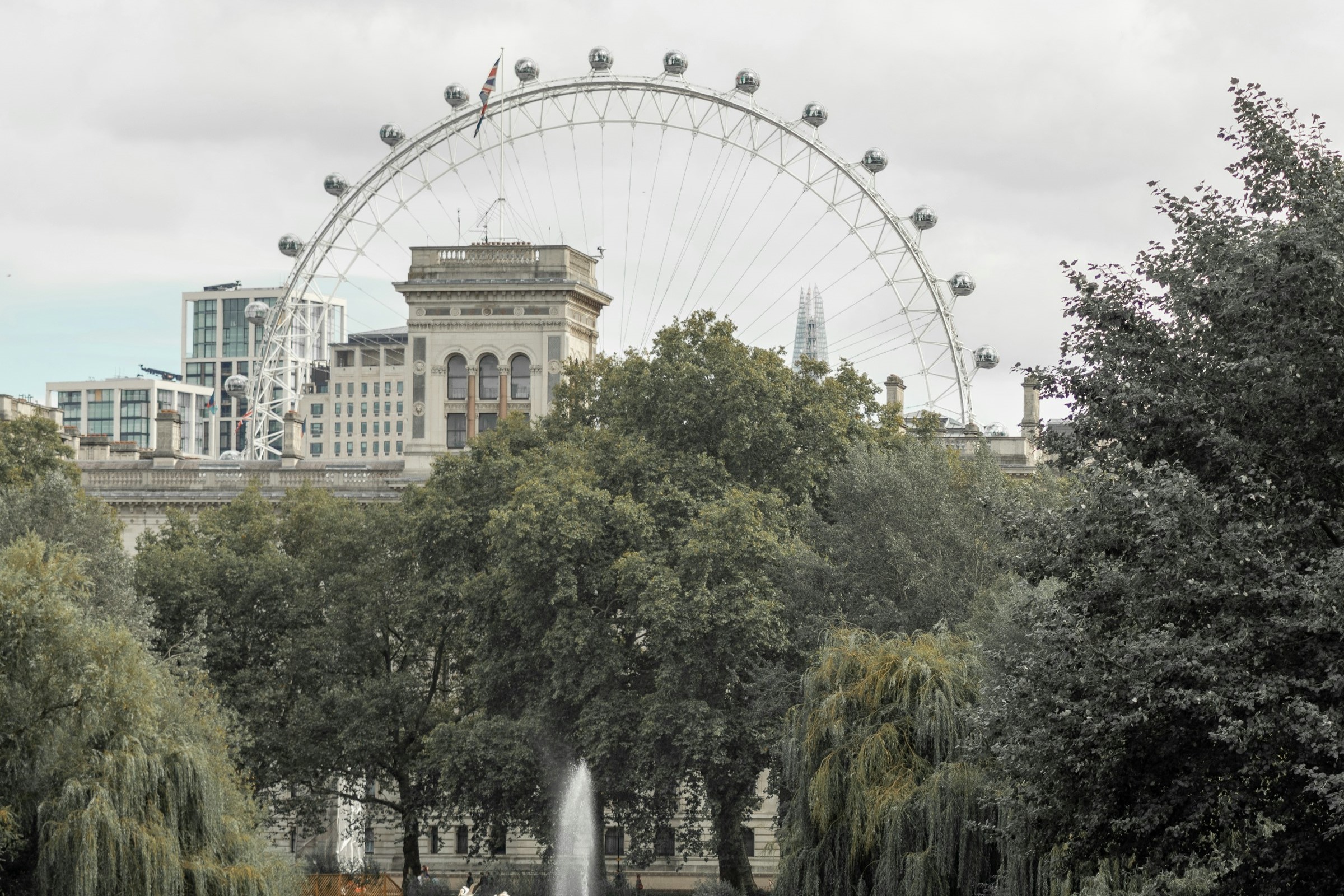
Each month, the Institute for the Impact of Faith in Life (IIFL) commissions a unique, nationally-representative survey into the British public’s attitudes to the role that faith plays in different aspects of life. Respondents are polled on topics including personal faith, faith in public life, faith in education, faith literacy, faith in the media and how Britain’s relationship with faith has changed.
This survey was carried out by Whitestone Insight. They interviewed 2,835 UK adults on-line between 30th August and 1st September 2024, including a booster set of London residents. Data were weighted to be representative of all UK adults. Whitestone Insight is a member of the British Polling Council (BPC) and abides by its rules.